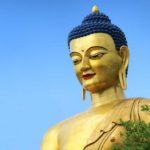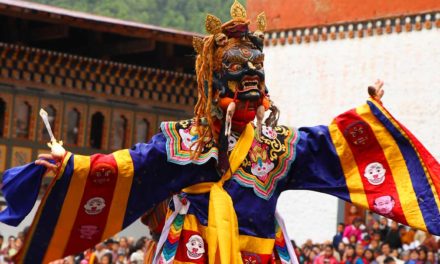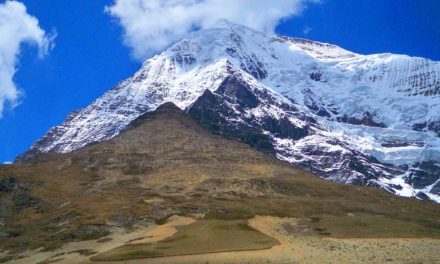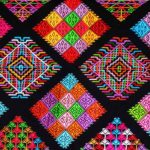
Government Politics
Bhutan’s political system has developed from an absolute monarchy into a constitutional monarchy. In 1999, the fourth king of Bhutan created a body called the Lhengye Zhungtshog (Council of Ministers). The Druk Gyalpo (King of Druk Yul) is head of state. Executive power is exercised by the Lhengye Zhungtshog, the council of ministers. Legislative power was vested in both the government and the former Grand National Assembly.
On the 17th of December 2005, the 4th King, announced to a stunned nation that the first general elections would be held in 2008, and that he would abdicate the throne in favor of his eldest son, the crown prince. The 5th King took the throne on December 14, 2006 upon his father’s abdication and was adorned with Bhutan’s Raven Crown at an ornate coronation ceremony in on November 6, 2008, becoming the world’s youngest reigning monarch and head of the newest democracy.
The new democratic system comprises an upper (National Council) and lower (National Assembly) house, the latter based on political party affiliations.
Judicial power is vested in the courts of Bhutan. The Chief Justice is the administrative head of the Judiciary




